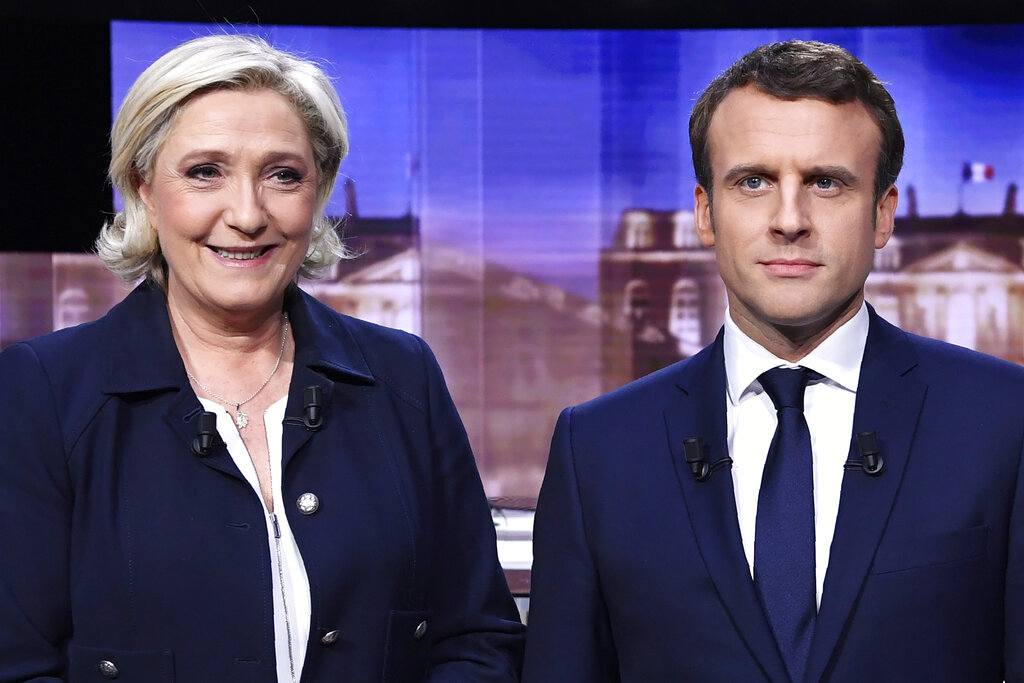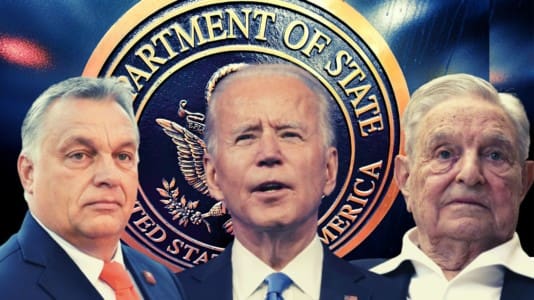In contrast to the debate from five years ago between Emmanuel Macron and Marine Le Pen, there was no dust-up this time, but strong blows were still exchanged. Both candidates responded with a smile to their previous angry exchanges during their last meeting, saying things have calmed because they grew a bit older. However, the debate showed that the center of politics is moving towards a much more uncertain place where it will be harder to offer simple solutions.
The European Union, the main topic of the 2017 campaign, was now barely touched upon. Emotions ran high over different topics: the war in Ukraine, Islamic ideology and socio-economic issues such as inflation, price increases, falling purchasing power of workers, and lack of innovation in the French and European economies.
[pp id= 34482]
In the context of the Putin’s aggression against Ukraine and France’s stance towards Russia, of course a shadow looms over Marine Le Pen. There was her praise for Putin in the past and a loan her party received from Russia for her previous election campaign (she explained that no French bank wanted to grant it to her, and she had no other choice), and her comments that recognized the annexation of Crimea.
Today, she is also different from Emmanuel Macron in her stronger objection to the ban on Russian resources.
“Let’s not commit an economic suicide they will just sell it to someone else,” she said.
Her denouncement of the Russian aggression and support for Ukraine were declared, however, it is not certain if they were honest and what exactly it all means. Her appeal for help for refugees from Ukraine, who are staying in Poland, is a positive. Macron was focused mainly on attacking Le Pen for her past sins, thoroughly avoiding any definite declarations regarding the key areas influencing the war developments.
The debate, however, confirmed that he is not an anti-Russian hawk, compared to Le Pen.
An interesting discussion about Islam and migration arose where Macron was forced to play strong defense, clearly unable to find words or a plan that could meet the expectations of the French. Between the lines, he suggested that unchecked migration cannot be any different than it is now. Le Pen sounded more convincing in those topics — decisive, with no extremism.
From the Polish standpoint, it was surprising to see how important the socio-economic issues were, including inflation, price growth (though France suffers the least in Europe from this), the consequences of the pandemic for the youth, the fall of a real purchasing power felt for many years, and also, low competitiveness of the French and European economies in new technologies.
“Where is the European Google?” asked Le Pen.
A lot was said about the youth, whose situation appeared during the final, two-minute summaries from Macron and Le Pen.
The topics discussed during the French debates should be noted in the context of Poland. Here, they will also be the fundamental, decisive issues.





